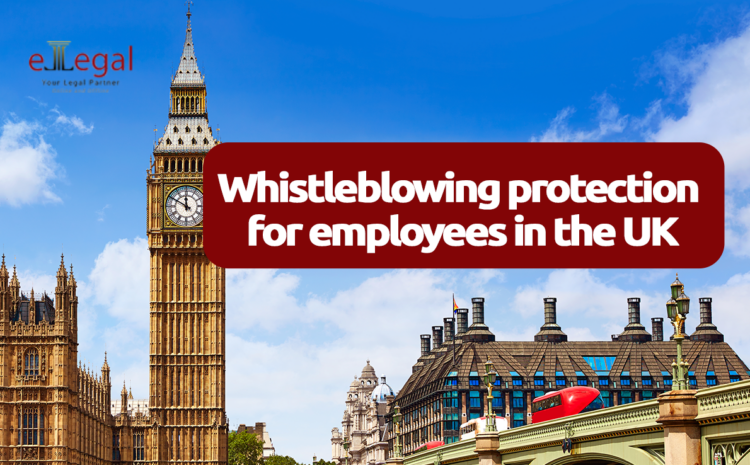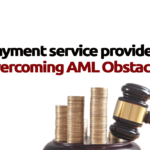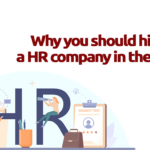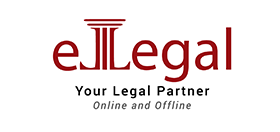
As an employee, your voice matters — especially when it comes to exposing wrongdoing in the workplace that could harm others. Whether it’s a financial cover-up, workplace harassment, or health and safety violations, the law empowers you to speak up through whistleblowing — and protects you when you do so.
This guide explains what whistleblowing means for employees in the UK, the protections available to you under the law, and what you can do if you experience retaliation for doing the right thing.
Whistleblowing Meaning?
Whistleblowing is when you report wrongdoing at work that poses a risk to others — your colleagues, customers, or even the public. Legally, this is referred to as “making a disclosure in the public interest.” It’s not about personal grievances or minor disputes — it’s about exposing serious issues such as fraud, negligence, discrimination, or threats to public safety.
Whistleblowing is commonly known as “blowing the whistle,” and it can involve internal reporting to your employer or external disclosure to a regulator.
What Legal Protection Do Employees Have?
Your right to blow the whistle without fear of losing your job or being victimised is protected by the Public Interest Disclosure Act 1998 (PIDA). Under this law, workers who make a qualifying disclosure are protected against:
Unfair Dismissal
If you’re dismissed for whistleblowing, it is considered an automatic unfair dismissal, regardless of how long you’ve been employed.
Detriment
This refers to being treated unfairly or less favourably because you spoke up. Examples include:
- Being demoted or given fewer shifts
- Facing bullying or harassment by colleagues or management
- Being passed over for promotions or training
- Being isolated or ignored in the workplace
Whether you’re still employed or not, these protections can apply if the actions you took met the legal definition of a protected disclosure.
Who is Protected by Whistleblowing Law?
The law applies to a wide range of workers, including:
- Employees (full-time or part-time)
- Workers and agency staff
- Apprentices
- NHS professionals, including student nurses and midwives
- Police officers and office holders
- Some self-employed professionals (e.g., doctors and pharmacists working in the NHS)
You’re even protected if you make a disclosure after leaving the organisation, such as if you suspect that you were given a poor reference due to a past whistleblowing report.
However, certain groups like volunteers, genuinely self-employed contractors, and members of the armed forces or intelligence services (e.g., MI5, MI6, GCHQ) are generally not covered.
What Can You Legally Whistleblow About?
To qualify for legal protection, your report must relate to serious misconduct that falls into one of the following categories:
- Criminal offences – e.g., fraud, bribery, embezzlement
- Breach of legal obligation – e.g., violation of employment or data protection law
- Miscarriage of justice – e.g., unfair dismissal based on false evidence
- Health and safety risks – e.g., exposing employees to unsafe machinery or practices
- Environmental harm – e.g., illegal dumping of waste or pollution
- Covering up wrongdoing – any attempt to conceal any of the above
The disclosure must also be in the public interest — meaning it affects more than just you.
Examples of Whistleblowing in the Workplace
To help you understand better, here are a few real-world scenarios:
- Health & Safety: You work in a restaurant and notice the kitchen regularly serves expired food. Reporting this is protected whistleblowing.
- Financial Misconduct: You discover your employer is manipulating financial statements to mislead investors. This qualifies as a public interest disclosure.
- Discrimination or Harassment: You report widespread sexual harassment or racial discrimination that affects several colleagues. This may fall under whistleblowing if it concerns systemic abuse.
- Data Breach: You work in IT and uncover that your firm has exposed thousands of customers’ personal data and is trying to cover it up. This is reportable under data protection laws.
- Bribery: You learn that your employer is bribing officials to win contracts abroad. You are legally protected if you report this to the appropriate authority.
How to Make a Protected Disclosure
To be protected by law, you must:
- Make a qualifying disclosure as described above.
- Disclose to the right person or authority, such as your employer, a legal adviser, or an appropriate regulator.
- Act in good faith, genuinely believing that what you’re reporting is true and in the public interest.
If you follow the proper process, the law will support you — even if your concerns turn out to be unfounded.
What Are the Time Limits?
If you’ve been dismissed or suffered detriment due to whistleblowing, you generally have three months minus one day from the incident to file a claim at an employment tribunal.
In certain cases, you may be able to apply for interim relief if you believe you were unfairly dismissed. You must do this within seven days of the termination date.
When You Might Not Be Protected
There are a few situations where legal protection might not apply:
- If you commit a criminal offence while reporting (e.g., hacking into confidential files)
- If your disclosure violates legal professional privilege (e.g., if you’re a solicitor and the information was gained through client advice)
- If your complaint is purely personal and does not affect the public interest
In such cases, your claim may fall outside whistleblowing law and might need to be handled through other HR or legal channels.
What If My Concern is Personal?
If your complaint is about a personal issue (such as a conflict with a manager or unfair workload) and doesn’t involve broader wrongdoing, it’s best handled as a grievance, not a whistleblowing matter.
Your company should have a grievance procedure that can guide you on how to resolve such issues internally.
Conclusion
As an employee, you have the legal right to speak up about wrongdoing without fear. Whistleblowing plays a vital role in building transparent, safe, and ethical workplaces — but it’s important to understand your rights and responsibilities before doing so.
If you’re unsure whether your concern qualifies, you can consult our legal adviser or our HR department.
You are not alone. The law is there to protect you when you’re trying to protect others.
Need guidance or representation?
If you believe you’ve suffered retaliation for whistleblowing or want advice on how to make a protected disclosure, eLegal Consultants offers confidential support and expert legal representation. Contact us today to protect your voice — and your rights.





